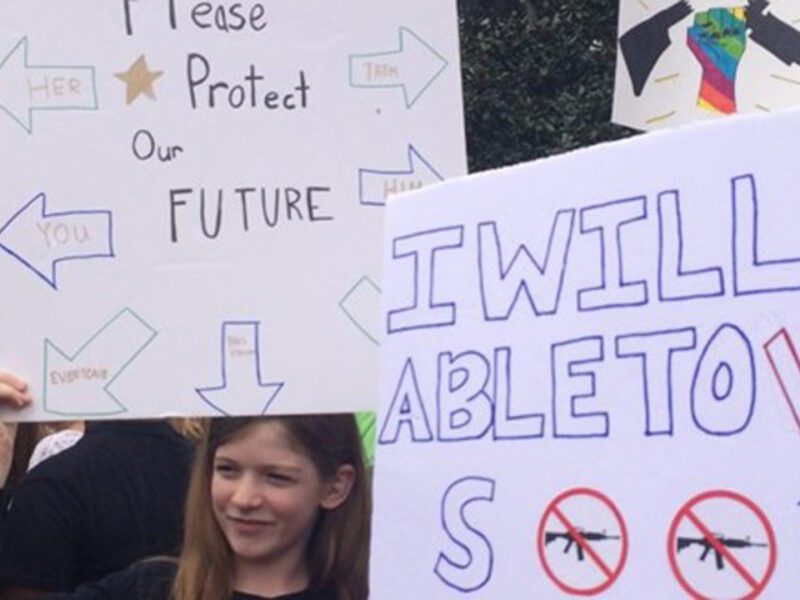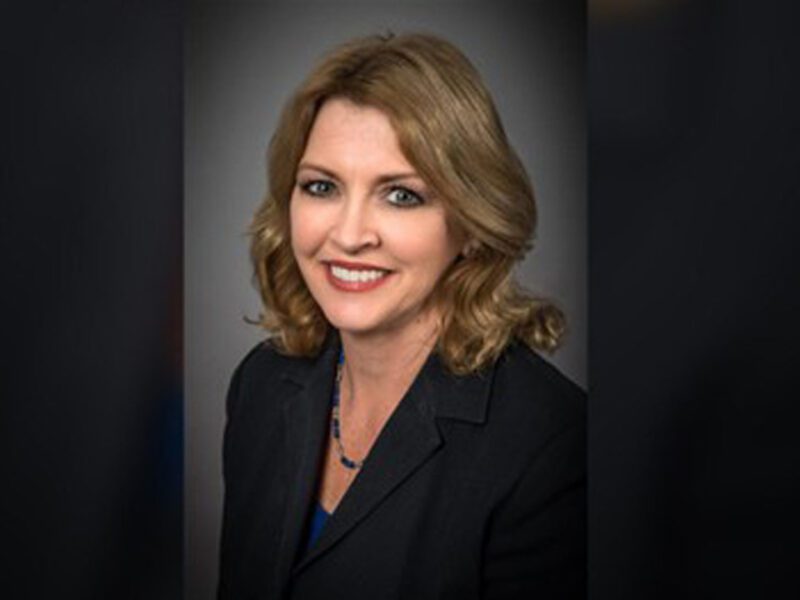A uniform juvenile corrections education system will promote equity, advocate says
Florida Phoenix |
Students in every Department of Juvenile Justice residential commitment program in Florida will have the same educational opportunities with in-person teachers, providing uniformity the system previously lacked.
There are approximately 2,300 students under the care of the Department of Juvenile Justice spanning over more than 40 facilities. In the past, education in those facilities was provided by local school districts, the facility itself, or through other means.
Wednesday marked the first day of instruction for the Florida Scholars Academy, a partnership between the Florida Virtual School and the Department of Juvenile Justice to centralize educational practices.
The Florida Virtual School hired nearly 200 people to staff the program, which provides online courses with in-person certified teachers and support staff. Education options include accelerated courses for grades K-12 and postsecondary courses at Florida institutions or in industry-recognized credential courses.
Uniformity for equity
The uniform approach means increased statewide equity for students, according to Christian Minor, executive director of the Florida Juvenile Justice Association.
Under the previous system, school districts serving juvenile facilities might have provided students with nonuniform educations, Minor said.
“You might have somewhere a school district might have sent a teacher there as a punishment, or you might have had not as good of educational services provided in one district as there was in the other,” Minor said. “And really, the Florida Scholars Academy was created to create uniformity among all of the education delivery that’s going to be going to these kids.”
Minor said the new program “right-sizes” and caters to the needs of at-risk youth.
The program aims to help students identify pathways for their futures, including job placement and certification in hopes of protecting public safety and reducing recidivism, Minor said.
The new program was welcomed by legislators and agency officials at a ribbon cutting in St. Augustine earlier this month.
“No matter the circumstances that led these students to be assigned to a Department of Juvenile Justice residential commitment programs, they deserve a high-quality education,” said superintendent of the new program Julian Cazañas Jr. in a news release. “Our educators will meet every student where they are, providing them with the tools and skills needed to change the trajectory of their lives.”
DeSantis veto
In June, Gov. Ron DeSantis vetoed a bill that would have maintained in-state tuition for incarcerated individuals, making the financial challenges for postsecondary education after incarceration more difficult.
The bill included residents incarcerated in state or federal correctional facilities in Florida.
In DeSantis’ explanation of the veto, he said, “Florida’s higher education system has ranked #1 in the country for nearly a decade, in part due to the state’s investment in our institutions over that same period. We should not reward criminal activity by providing inmates with the same benefits as law-abiding citizens.”
The measure passed the Senate unanimously and the House with a vote of 109-5 before being vetoed.






